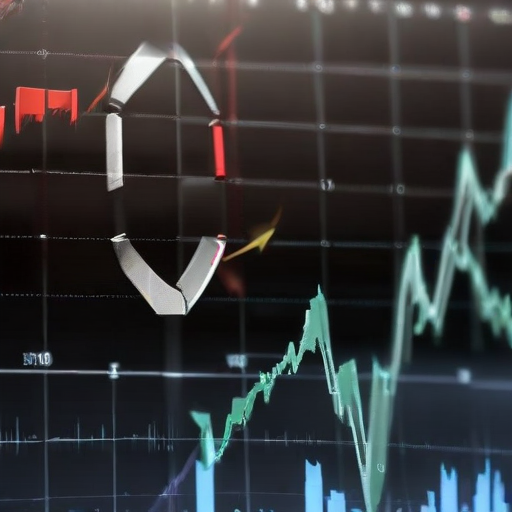Nissan Motor’s shares experienced a remarkable surge on Wednesday, experiencing a rise of 23.7%, marking the company’s best trading day since at least 1985, following reports that it is exploring a potential merger with fellow Japanese auto manufacturer Honda. This move aims to strengthen their competitive position against larger automakers and enhance investment in the burgeoning electric vehicle market.
Despite the positive momentum for Nissan, Honda’s shares fell by 3%. According to a report by Nikkei, the two companies are anticipated to operate under a shared holding company, with plans to formalize their collaboration through a memorandum of understanding soon. There is potential for Mitsubishi Motors to join this new structure, given that Nissan holds a 24% stake in the company.
Vivek Vaidya, global client leader for mobility at Frost & Sullivan, noted that this merger is a response to Nissan’s recent financial struggles, following disappointing second-quarter results that led to a revised revenue outlook and plans to cut 9,000 jobs while reducing global production capacity by 20%. Industry expert Joe McCabe from AutoForecast Solutions emphasized that Nissan is in need of revitalization, highlighting the challenges stemming from its previous alliance with Renault and its weakened market positioning.
This proposed merger holds significant potential for both companies to not only stabilize but also thrive in an increasingly competitive automotive landscape, particularly in the electric vehicle sector where innovation and investment are critical. With favorable market reception so far, this strategic alignment could mark a new beginning for Nissan and Honda, enabling them to better meet consumer demands and technological advancements in the industry.
In summary, Nissan’s significant stock gain following news of a potential merger with Honda reflects positive market sentiments aimed at revitalizing both companies and enhancing their position in the electric vehicle market. The merger could provide the necessary support for both automakers to navigate their current challenges and emerge stronger.
